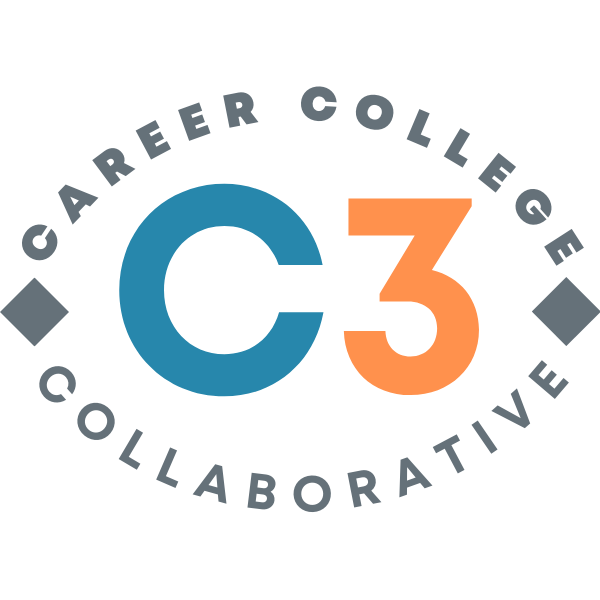Reach Higher Oregon Summer Summit
The only thing surpassing the amazing panoramic views at Central Oregon Community College last week was the energy and enthusiasm of over 360 participants who attended the 2016 Reach Higher Summer Summit. The event focused on mobilizing career and college advising supports for all students and grew out of extensive cross-sector collaboration involving leaders from K-12 schools/districts, higher education institutions, state agencies and community based organizations, often referred to as the C3: Career College Collaborative. “Registration for the Summit filled almost immediately and more than 65 individuals were on a waiting list. Clearly, this is a topic of great interest to practitioners throughout the state,” noted Lori Ellis, conference co-coordinator from the Higher Education Coordinating Commission's Office of Student Access and Completion (OSAC).
Appropriately, the Summit kicked off with an inspiring video featuring Oregon students who called upon the participants to build tools and navigation supports to help them traverse the confusing terrain of possible career pathways. The audience included K-12 school counselors, teachers and administrators, college/university advisors, financial aid officers, community mentors, college access volunteers and policy leaders. Keynote presentations by Catalina Cifuentes, a first generation college graduate and educational leader from Riverside County, and John Gomperts, president of America’s Promise Alliance helped place Oregon’s efforts in a national context while an engaging student panel answered questions about what works and what doesn’t. Chief Education Officer and Education Policy Advisor to Governor Brown Lindsey Capps, Oregon Department of Education Deputy Superintendent Salam Noor, and Higher Education Coordinating Commission Executive Director Ben Cannon, three of Oregon’s top educational leaders, shared their agency’s commitments to strengthening student supports and systems needed to help high school students transition to career or college. Ben Cannon also announced a HECC memo to superintendents, principals, counselors, students and families outlining agreements to pilot use of students’ Smarter Balance test scores and 12th grade course history in lieu of community college and university placement tests.
Every participant was invited to complete a context specific Career and College Readiness (CCR) Systems Inventory (Elementary, Secondary, Postsecondary) that was coded to specific sessions focused on one of the five themes:
- Career Readiness
- College Preparation
- Building Seamless Systems K-12 through Postsecondary
- Partnerships and Mentoring
- Career and College Readiness Tools and Supports
Three different times during the two-day event, participants were convened with their Regional Achievement Collaborative partnership or ESD to apply their learning in Summit sessions to their own regional contexts. Packets of regional data on high school graduation rates, college going rates, dual credit numbers, remedial education rates, Advanced Placement Exam Participation rates, and local employment needs were provided to each group to use in their planning sessions. Groups will use their regional student outcome data as well as the CCR Systems inventory to build upon the action plans drafted at the Summit. Support and funding from Oregon’s Chief Education Office (approximately $30,000 - $50,000) will be available to each regional group for continued regional collaboration activities to support seamless student transitions for students from high school into career and college pathways.
Over 25 vendors and postsecondary institutions were available during the Summit spotlighting available CCR resources and services. Participants were able to select from 36 workshop sessions that featured presenters from Oregon and other states. Later this month, handouts from many of the sessions will be available on the C3 website under the Events section.
The Reach Higher Summer Summit was a wonderful opportunity for Oregon’s school counselors to network and learn more about future SREB College and Career Readiness professional learning opportunities available through the Oregon Department of Education including a Comprehensive School Counseling (CSC) Content Panel that will be updating Oregon’s Comprehensive Guidance and Counseling (CGC) Framework.
